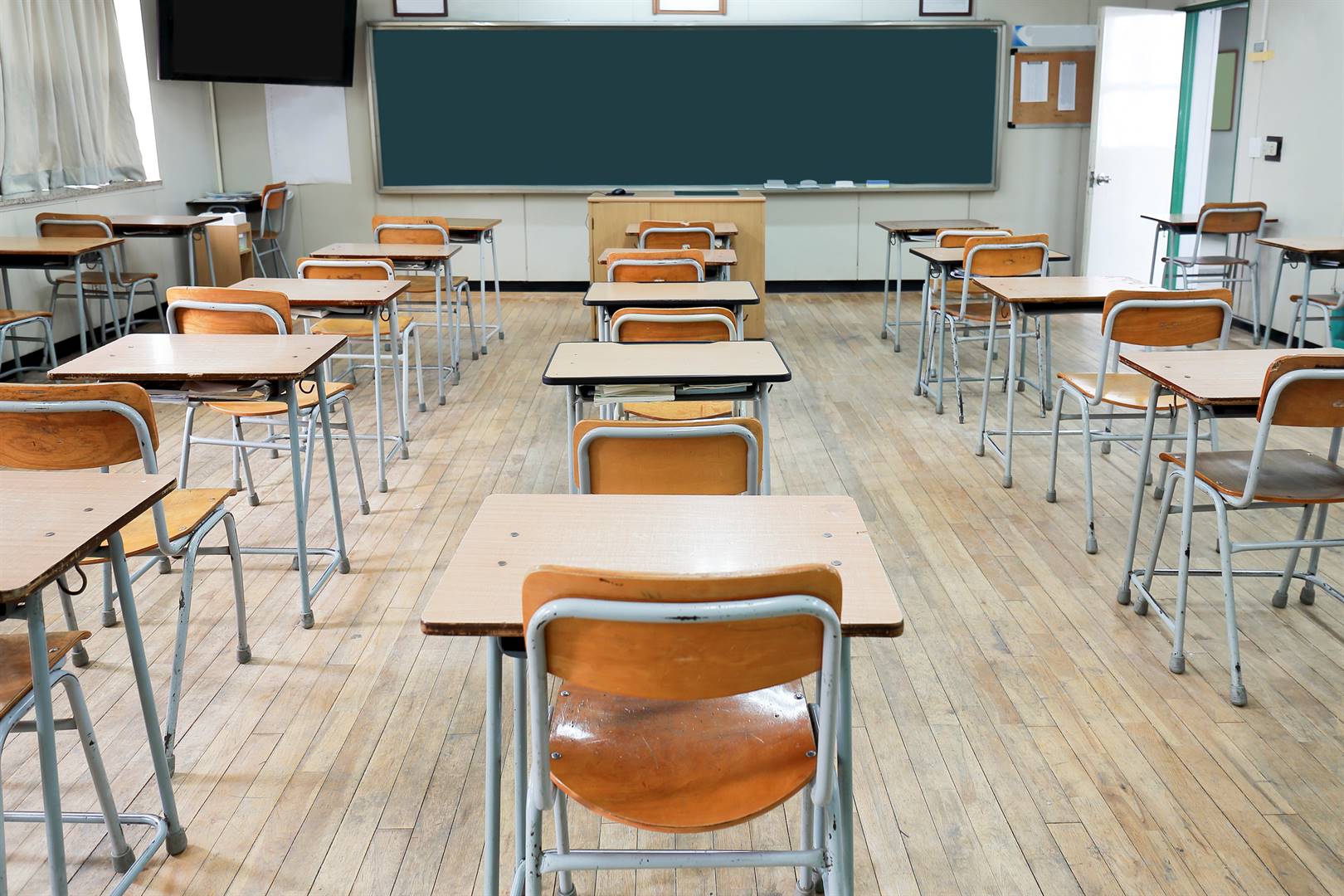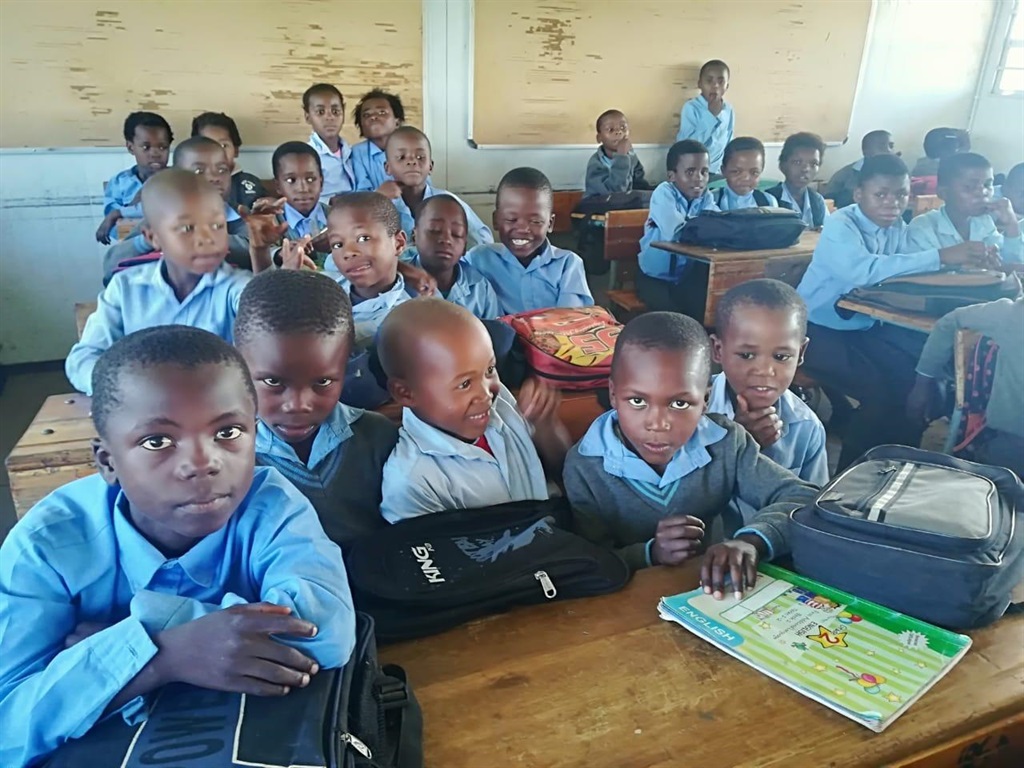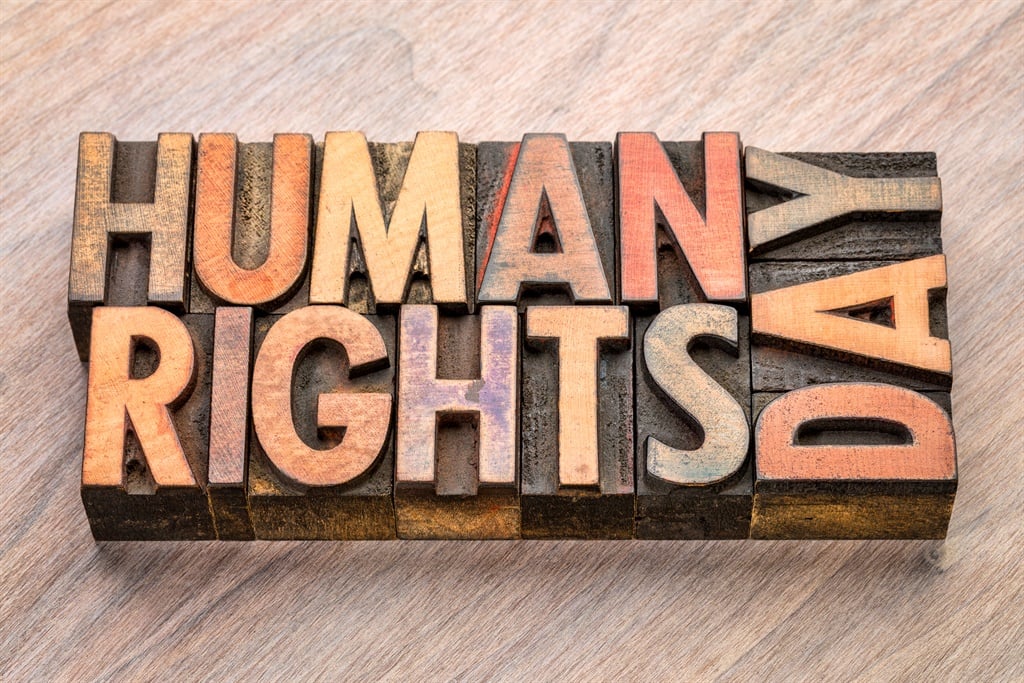
To understand the education system in South Africa post-democracy, is to understand the historical factors that shaped and continue to shape the education system in our country.
Bantu education played a significant role in perpetuating racial oppression and segregation.
This education system was a collection of detrimental policies and acts, and its consequences were poorly trained teachers, limited curriculum choices, and the unequal distribution of resources and per child educational funding along racial lines.
Equal Education is a social and youth-led movement of pupils, parents, teachers and community members struggling for quality and equality in the South African education system, as part of a broader democratic struggle for a free, just and equal society.
It’s sad that even today, after 24 years of democracy, our generation is still bound by the chains that defined the generations before us.
Equal Education members regard the Constitution as a transformative, living document that needs to be frequently revisited.
The Constitution, which is the custodian of the rights of all in South Africa clearly states in Section 29 (1) (a) that: “Everyone has the right to a basic education”. But access to quality education has proven to be difficult for many, and a near impossible task for some.
There are a number of challenges that Equal Education members encounter when raising issues such as the poor state of sanitation and of classrooms, a lack of safety and security in schools, and a lack of safe and reliable scholar transport – issues that hinder their ability to learn, endangers learners’ health and safety, and denigrates their dignity.
The challenges that young activists encounter range from government having no political will to comply with the norms and standards law, to not even wanting to meet with Equal Education members to discuss our experiences.
Our struggle is made more difficult when our right to protest is violated, and the rights of those in power are prioritised over the rights of poor black learners whose only cry is for quality education.
Our movement has focused its mandate on the development of campaigns to bridge the gap between the schools of the haves and the have-nots.
The victories of Equal Education members include securing scholar transport for 12 schools in Nquthu, KwaZulu-Natal; and for the Eastern Cape education department to commit to implementing the recommendations of our research on school infrastructure implementing agents.
We got President Cyril Ramaphosa to prioritise school safety and prompted the Western Cape education department to identify school safety as a key priority.
We’ve contributed to ensuring that money is allocated toward the provision of menstrual hygiene products to schools, and toward preventing teaching being declared an essential service through formal submissions.
We’ve ensured the expansion of Gauteng school feeder zones from 5km to 30km, and that geographical and spatial transformation must be considered when determining feeder zones – addressing the effect of apartheid spatial planning on accessing quality education.
We succeeded in having the rights of children to protest affirmed by the Constitutional Court, and after years of relentless advocacy, with the support of the Equal Education Law Centre, we finally won a watertight regulatory framework to fix South Africa’s schools, which all of government has the responsibility to implement.
When our right to education is threatened or violated, we as Equal Education members take to the streets.
We have been really thankful to our courts, and on occasion Parliament, for enforcing accountability and the building of a capable state.
There’s a lot more work that needs to be done to provide decent toilets and classrooms to all children.
We also still need a conditional grant for both the provision of menstrual hygiene products and scholar transport.
We need Minister Angie Motshekga to make public the data and plans to fix schools in each province.
We desperately need government to prioritise early grade reading and numeracy, to ensure that no child is left behind and that our matric results no longer reflect a fractured education system.
Public education remains the pillar for a just and equitable education system – the privatising of education (in all its forms) will simply see the rich get richer and the poor get poorer.
This Human Rights Day we urge the minister of basic education, the president of the Republic of South Africa and all the relevant government departments to remember that their delaying in providing South African pupils with safe and dignified schools is a violation of human rights, and that every government is obliged to provide its children with quality education.
Our challenge to them, as they commemorate all those who lost their lives during the Sharpeville Massacre, is to ensure that under their leadership there’s no child who goes to a school that violates the norms and standards for public school infrastructure.
• Tracey Malawana is deputy general secretary of Equal Education




 Publications
Publications
 Partners
Partners










